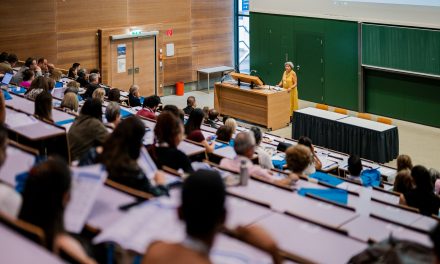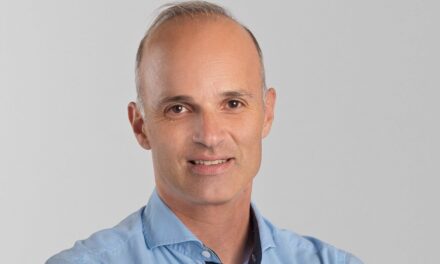Greece is set to join in the elite club of 15 European countries that host their own high-performance computers. By the end of 2025, a cutting-edge supercomputer named Daedalus, is set to be operational and installed at the Lavrio Technological Cultural Park. With this development, Greece will not only significantly boost its technological infrastructure and research capacities, but it will also be positioned as a significant player in Europe’s digital landscape.
Daedalus will be the most powerful supercomputer in Greece and one of the top 30 globally, with its potential entry into the prestigious TOP500 and GREEN500 lists. The project is spearheaded by the Ministry of Digital Governance as part of its Digital Transformation Plan 2020-2025, and is managed by the National Technology and Research Infrastructure Network (EDYTE S.A. – GRNET). GRNET, an arm of the Ministry of Digital Governance, has a proven track record with ARIS, Greece’s current supercomputer, which has significantly supported national research efforts.
The new system’s performance will exceed 60 Petaflops, enabling it to conduct over sixty million billion floating-point operations per second. This computational prowess marks a quantum leap from ARIS, making Daedalus approximately 120 times more powerful. The implication of such power is profound, equating to the computational might of more than a million computers working simultaneously.
The total investment for Daedalus, including the infrastructural modifications of its host building, is valued at approximately €50 million. The funding comprises resources from Greece’s National Recovery and Resilience Plan “Greece 2.0,” supported by the European Union’s NextGenerationEU initiative, alongside contributions from the European High-Performance Computing Joint Undertaking (EuroHPC JU).
This initiative underlines the government’s strategy to enhance Greece’s public digital infrastructure, which forms part of its broader Digital Transformation Plan for 2020-2025. The project’s completion is expected to strengthen Greece’s technological ecosystem, positioning the country as a significant player in Europe’s digital landscape.
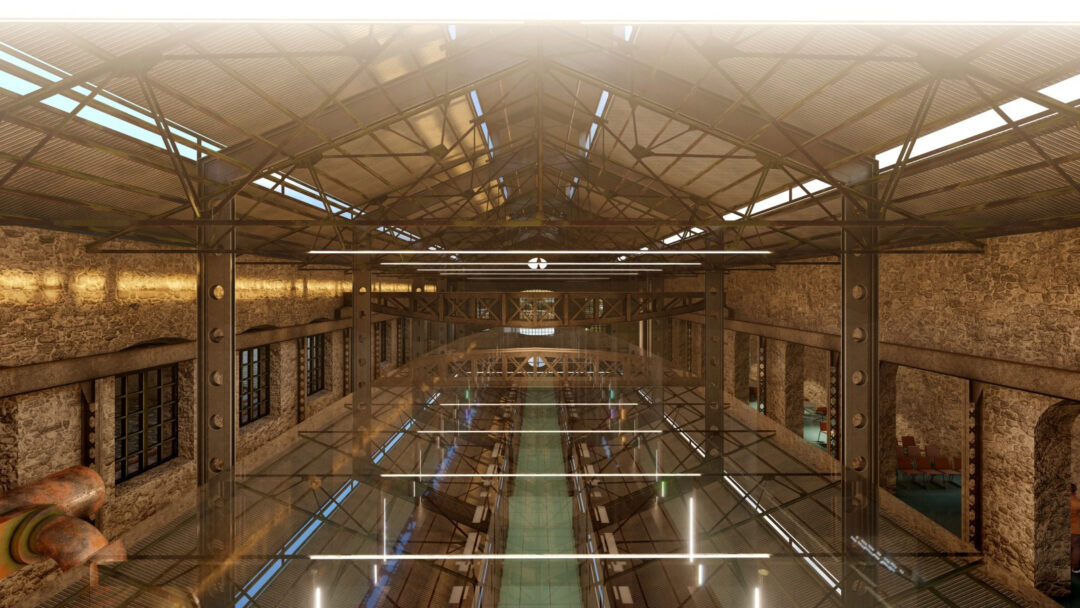
One of Daedalus’s core objectives is to support an array of complex research activities. The supercomputer’s hybrid architecture, combining high-density CPUs and accelerator units, is optimized for diverse applications spanning artificial intelligence (AI), machine learning, and big data analytics. Its capabilities will facilitate advancements in natural language requests, personalized medicine, spatial planning, fire protection and disaster response as well as smart mobility and autonomous vehicle technology.
For scientists in computational fields such as chemistry, physics, and biology, the supercomputer offers unprecedented resources to expedite research cycles, simulate complex phenomena, and conduct large-scale experiments previously constrained by limited computational power.
Research and Development Opportunities
The implications of Daedalus extend beyond national borders. With a system of such magnitude, Greece is set to become a hub for international research. Deadalus’s power of 60 Petaflots, means that it will be able to perform infinite (60 million billion) calculations per second, while a human can perform one to two operations (per second). President of GRNET, Nektarios Kozyris, noted that without such powerful supercomputers, many scientific computations would take millennia or be impossible due to resource limitations. With Daedalus, simulations that used to take weeks or months can be completed in days, dramatically accelerating research timelines and enhancing the reliability of findings.
At present, supercomputers exist in 15 countries in Europe, with the Greek supercomputer, which is expected to be operational by the end of 2025, estimated to be among the 500 most powerful corresponding infrastructures in the world. Research centers, universities and companies inside and outside Greece will be able to “run” their experiments on the Greek supercomputer.
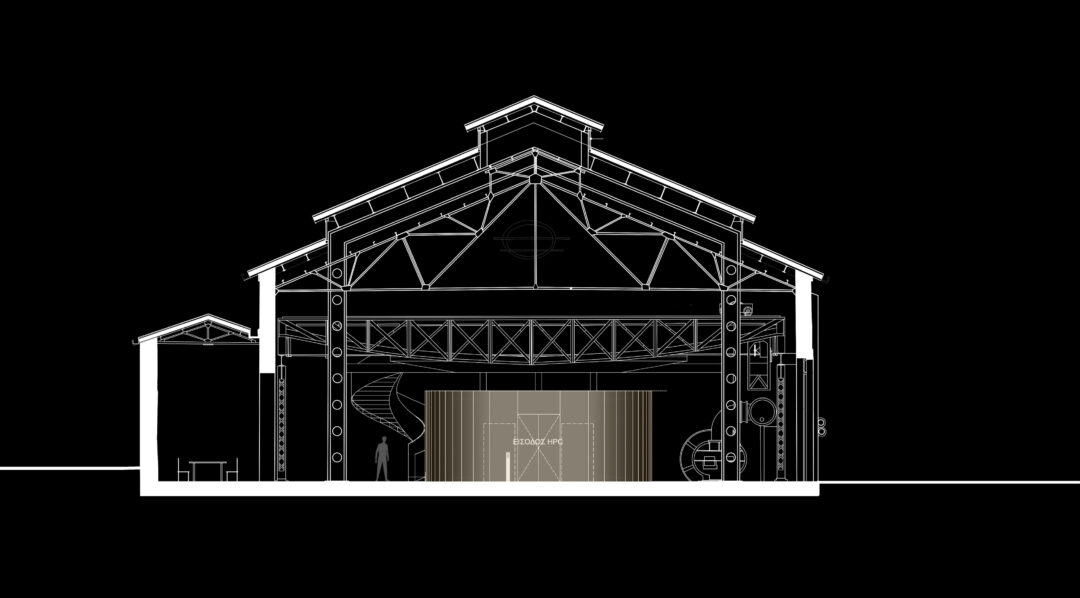
That is, researchers and scientists in fields such as computational chemistry, physics, biology, biomedicine, meteorology and seismology will have the opportunity to carry out their tests on the “Daedalus”, which will allow Greece to strengthen its position on the global map of scientific research.
The installation of Daedalus marks a significant step forward for Greece’s digital strategy. By hosting one of Europe’s most powerful supercomputers, the nation is poised to enhance its competitive edge in scientific research and technological development. This strategic initiative sets the stage for Greece to emerge as a leader in high-performance computing, securing its place in the rapidly evolving landscape of global technology.
Environmentally Conscious Design
Sustainability is a cornerstone of the Daedalus project. The Lavrio Technological Cultural Park, with its rich industrial heritage, has been chosen as the installation site to foster an environmentally responsible approach. The supercomputer facilities will use renewable energy systems and modern cooling technologies that leverage the local climate’s ambient temperatures and humidity, significantly reducing operational energy consumption by up to 50%.
This “green” approach aligns with broader European goals of reducing carbon footprints and promoting energy-efficient infrastructure. The innovative cooling solutions integrated into the design are expected to set a benchmark for future HPC (high-performance computing) facilities worldwide.
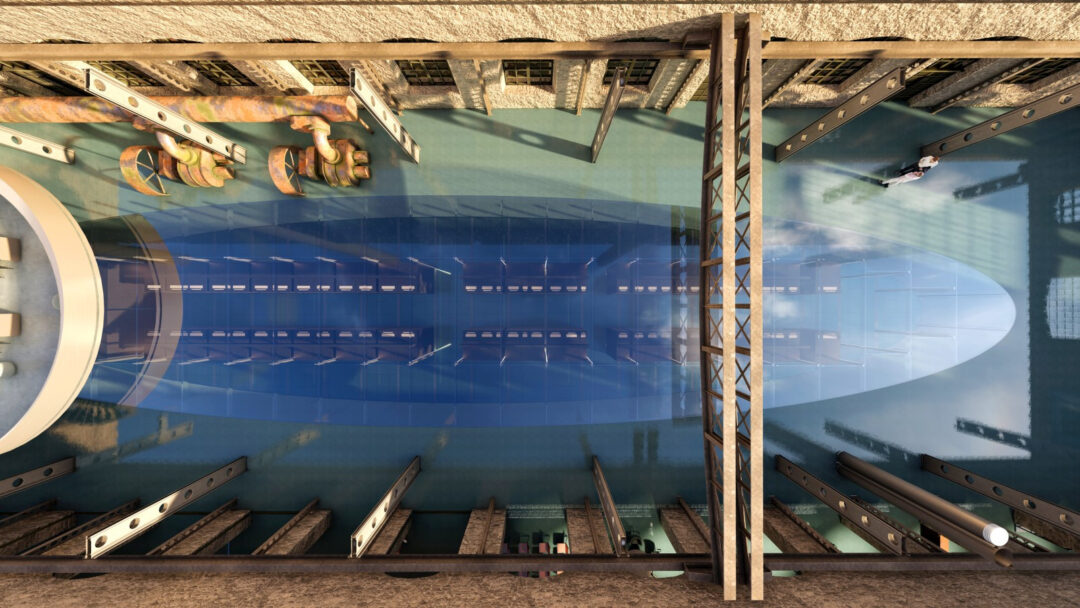
A new technological hub in the area of Lavrio
The installation of Daedalus at the Lavrio Technological Cultural Park is to contribute to the creation of a new technological hub in the area of Lavrio, with additional benefits. Specifically, it is estimated that it will be able to become a pole of attraction for important scientific conferences and other events, tourist inflows of researchers and technology enthusiasts. Also, according to the Ministry of Digital Governance Dimitris Papastergiou, the greatest economic benefit may be the one that will arise in the form of investments, with the valuable resources of Daedalus being exploited for research and development, optimization of production processes, analysis and processing of big data, and other features that provide the “technological solution” for a huge number of businesses, from startups to multinational giants.
Minister Dimitris Papastergiou has often emphasized the strategic importance of this investment, framing it as pivotal for Greece’s digital modernization. He has highlighted that significant investments in computing power and data center are essential to harness the full potential modern AI offers in innovation, entrepreneurship and development of reliable citizen services. According to mr. Papastergiou, Daedalus is a strategically important investment for the digital transition of our county, and a future where Greece will be among the pioneers of technological development.
I.L. with information from Lavrio Technological Cultural Park, Ministry of Digital Governance, EDYTE-GRNET, CNN.gr and APE-MPA
Read also from Greek News Agenda
- National Research Center Demokritos: Report on the future of Generative AI in Greece | A new cutting-edge Data Center and AI Hub
- New Genomics Institute in Athens: a leap for research in Greece
- “Athena” Research Center’s new Robotics Unit to specialize in precision medicine, agri-food, drones and industrial production services
TAGS: DIGITAL TRANFORMATION | INNOVATION | INVESTMENTS | RESEARCH | SCIENCE & TECHNOLOGY


